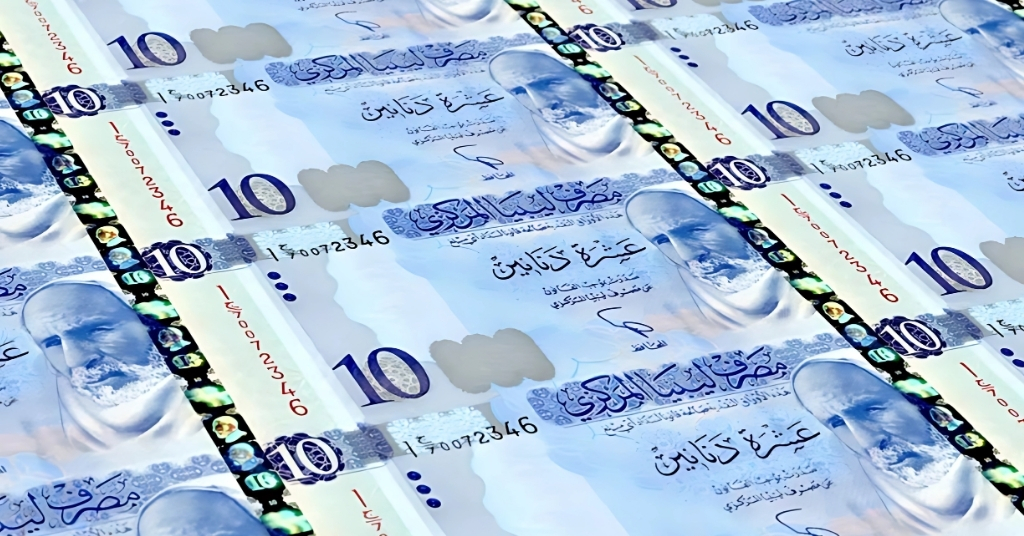
- Home
- »
- Doing Business in Libya
- »
- Business Environment
Business Environment
The oil industry remains crucial to Libya’s economy and Libya has also launched a program to attract investors to oil exploration and production.

Business Environment
Industrial Climate of Libyan Business Environment
- Libya has declared that it will focus on encouraging investment in what it deems critical areas.
- The government is looking at projects such as housing, hospital refurbishment, water treatment, power and transmission lines.
- The oil industry remains crucial to Libya’s economy and Libya has also launched a program to attract investors to oil exploration and production.
- New offshore oilfields and associated gas fields, as well as non-associated gas fields, have been discovered.
- Extensive offshore exploration by European, Brazilian, and Canadian companies is underway.
- Work was started on the construction of an underwater pipeline to Sicily.
- Tripoli put a new Liquid Natural Gas (LNG) extracting unit with a 3,500 bed capacity into service late in 1994 on the Bou Attifel gas field.
- Libya is the biggest North African oil producer and the leading North African oil supplier to Europe.
- Oil supply from North Africa to European destinations have the advantage of being both timely and cost-effective.
- Over 400,000 b/d of crude are destined for Italy alone.
- Libya and Algeria together provided the EU with 13.4 million tons of refined products in 1995 or 17.2% of its requirements.
- In addition to its oil industry, Libya has an active chemical industry, as well as being one of the larger markets in the African lubricants industry.
- The oil industry in Libya remains active, contributing 99% of the country’s export revenue.
- Current reserves are estimated to be 50 billion barrels of crude oil and 43 trillion cubic feet of natural gas.
AIMS OF GOVERNMENT POLICY
ECONOMIC DEVELOPMENT PLANS
The government aims to open up the Libyan economy to more industrialization by increasing private sector participation and foreign capital investment. Law No. 9/2010 was enacted to attract foreign investment.
This law aims to encourage foreign investments within the framework of the state’s general policy and its economic and social development objectives. It specifically focuses on promoting the transfer of modern technology, developing Libyan technical resources, contributing to the development of national products, and supporting their entry into international markets.
REGIONAL INDUSTRY DEVELOPMENT IN THE LIGHT OF LIBYAN BUSINESS ENVIRONMENT
- The government is keen to enhance regional development in addition to locating industry in different parts of the country.
- Regional development is one of the stated goals of the Law No. 9 of (2010) previously Law No. 5 of (1997).
RELATIONS WITH THE EUROPEAN UNION
The EU supports the Libyans in addressing security challenges through its:
- Common Security and Defense Policy (CSDP) missions and operations,
- EUNAVFOR MED Operation Sophia,
- The EU Border Assistance Mission (EUBAM) to Libya and
- The EU Liaison and Planning Cell (EULPC).
EU’S ECONOMIC SUPPORT FOR LIBYA
The EU has implemented a range of tailored measures to provide assistance to Libya, aiming to support economic reforms, enhance revenue transparency, improve governance and socio-economic conditions, address humanitarian needs, and bolster youth and civil society. Additionally, the EU aims to foster economic growth by facilitating the development of small and medium-sized enterprises (SMEs) to generate employment opportunities and sustainable livelihoods, particularly targeting women and youth, through the provision of easily accessible and relevant SME support services.
THE ARAB MAGHREB UNION
On February 18, 1989, the heads of State of five Maghreb countries, Algeria, Libya, Mauritania, Morocco and Tunisia met in Marrakech (Morocco) to sign a Treaty establishing the Arab Maghreb Union (AMU). On the economic side. The Treaty aims to integrate the economies of the five countries.
It is recognized that special attention must be given to the relationship between the AMU and the European Union in view of the fact that the economies are currently more strongly oriented towards Europe than towards each other, and that the EU may be an important factor in determining the success of Maghreb economic integration.
LABOUR/MANAGEMENT RELATIONS
- Libyan laws restrict the import of HR to those that are not already available in the Libyan labor market.
- All the labor forces are members of unions, however generally the relations between the labor and the foreign employers have been excellent.
- Home
- »
- Doing Business in Libya
- »
- Business Environment
recent insights
© 2024 – Ahmed Ghattour & Co , All rights reserved
